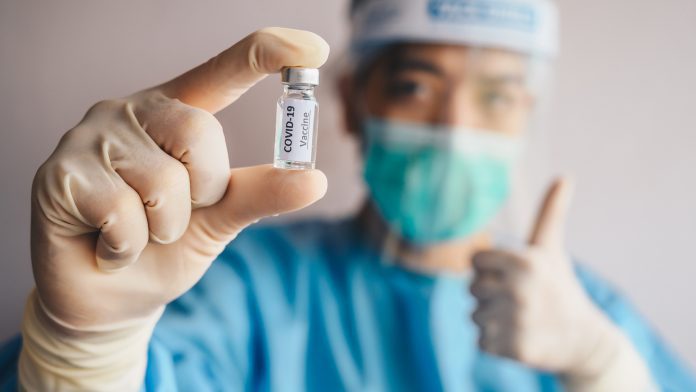
Researchers from Tel Aviv University (TAU) have utilised smart sensors to evaluate vaccine safety for the first time ever, an innovation that looks to remove potential bias from vaccine trials.
The Tel Aviv University team measured physiological parameters with smart sensors to determine vaccine safety objectively. The researchers explained that in the majority of vaccine clinical trials, including COVID-19 vaccines, side effects are predominantly collated through participants’ subjective reports, which can cause inaccurate and biased results. However, the team could obtain unambiguous physiological data by implementing sensors attached to the participant’s bodies.
The study, published in Communications Medicine, was led by Dr Yftach Gepner of the Department of Epidemiology and Preventive Medicine at TAU’s Sackler Faculty of Medicine and collaborators Dr Dan Yamin and Dr Erez Shmueli from TAU’s Fleischman Faculty of Engineering.
Dr Gepner commented: “In most methods used today, clinical trials designed to evaluate the safety of a new drug or vaccine employ self-report questionnaires, asking participants how they feel before and after receiving the treatment. This is clearly a totally subjective report. Even when Pfizer and Moderna developed their vaccines for the new COVID-19 virus, they used self-reports to prove their safety.”
Testing smart sensor performance
The team conducted their investigation during a period when most Israelis had received two doses of the COVID-19 vaccine. The researchers equipped the study participants with cutting-edge, FDA-approved sensors developed by the Israeli company Biobeat.
The smart sensors were attached to the participants’ chests, where they monitored physiological reactions from one day prior to three days after receiving the vaccine. The sensors measured 13 physiological parameters: heart rate, breathing rate, saturation (blood oxygen levels), heartbeat volume, temperature, cardiac output, and blood pressure.
How well did they assess vaccine safety?
The researchers discovered some interesting results about perceived vaccine safety, identifying a substantial variation between self-reports about side effects and actual measurements. The team found that significant changes were displayed following vaccination for nearly all of the objective measures, even for subjects who reported not having any reaction to the vaccine. Moreover, the results highlighted that vaccine side effects escalate in the first 48 hours, and then parameters return to their baseline level.
Dr Gepner concluded: “The message from our study is clear. In 2022 the time has come to conduct continual, sensitive, objective testing of the safety of new vaccines and therapies. There is no reason to rely on self-reports or wait for the occurrence of rare side effects like myocarditis, an inflammation of the heart muscle, which occurs in one of 10,000 patients. Preliminary signs that predict such conditions can be detected with advanced sensors, identifying normal vs extreme alterations in physiological parameters and any risk of inflammation.
“Today, trial participants are invited to the clinic for blood pressure testing, but often their blood pressure rises just because the situation is stressful. Continual monitoring at home solves these problems with simple, convenient, inexpensive, and accurate means. This is the kind of medicine we should strive for in 2022.”








